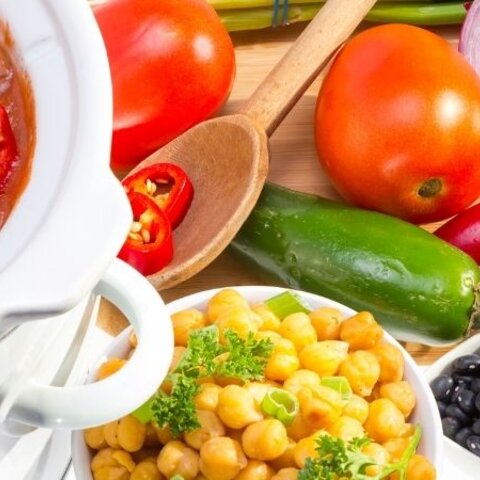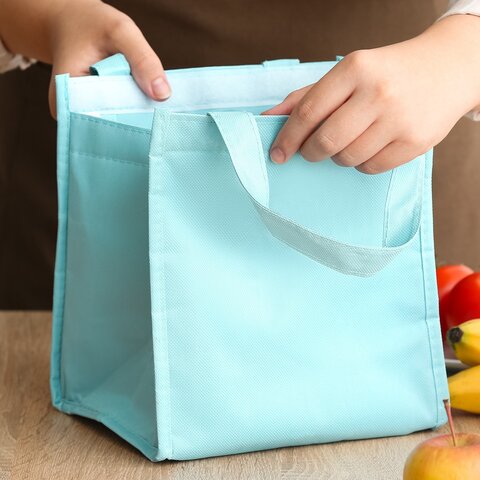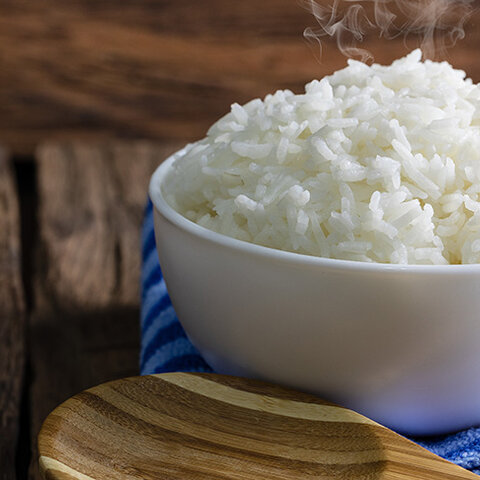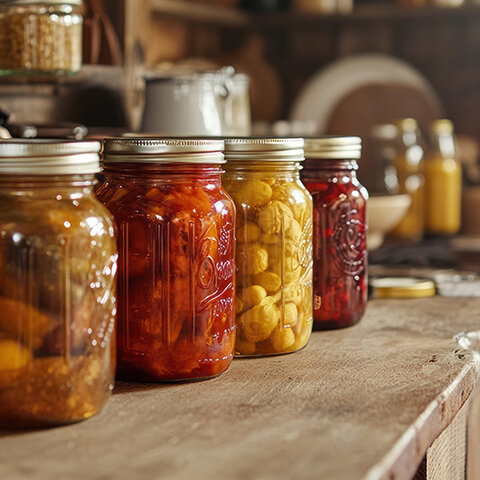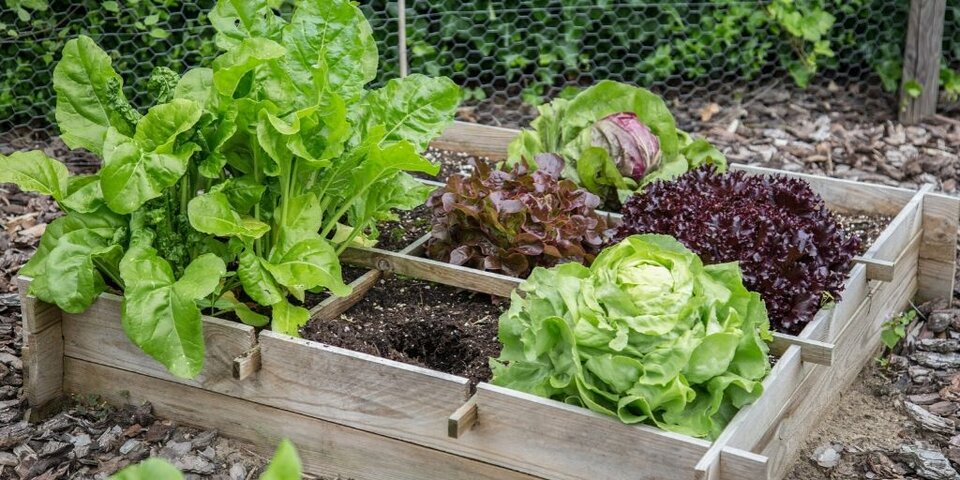
Tending a garden all season is gratifying work. In the end, you get to consume the fruits (or vegetables) of your labor. You have kept your bounty safe from pests and predators and now you are ready to harvest. Following a few simple tips will keep your produce and your family safe from food borne illnesses.
In the garden:
- Handle produce carefully to avoid bruising and damage while harvesting.
- Discard produce with deep nicks or mold, or those that show signs of decay or rot.
- While in the garden, remove excess soil or foreign materials from produce before placing in clean carrying containers to bring in the house.
Correct storage will extend the shelf life of your produce:
- Items like potatoes need to be stored without washing.
- Make sure to "dry clean" your fruits and vegetables by shaking, rubbing or brushing off the garden dirt with either a clean soft brush or a clean dry paper towel while still outside.
Preparation:
- Wash your hands before handling and preparing produce.
- Before consuming, remove soil and potential contaminants from all produce (conventional or organic) by washing under running tap water.
- Use a clean produce brush on firm produce, such as cucumbers or melons. Even if you plan to peel the produce before eating, it is still important to wash it first.
Fragile produce preparation:
- It is important not to wash fragile fruits, like berries, until you are ready to eat them.
- Once they are washed, spoilage bacteria can deteriorate the fruits faster.
- Soap and bleach should not be used to wash fruits and vegetables, as they are not formulated to be ingested. Even at trace amounts, they can make you sick.
Storage after preparation:
- Always cover and refrigerate cut fruit and vegetables when preparing them in advance.
- Produce that requires refrigeration should be stored at 40° F or less and away from raw meats, poultry, and fish.
- Throw out cut fruit and vegetables if they have been held for longer than 2 hours at room temperature or longer than 1 hour at temperatures above 90°F (32°C).
Sources:
Food Safety in Your Home Vegetable Garden, University of California Division of Agriculture and Natural Resources
Harvest and Storage Information for Commonly-Grown Vegetables, University of Minnesota Extension
Maine Garden to Lunchroom: Storing Garden Produce, Maine Cooperative Extension
To eat or not to eat?, University of Wisconsin Extension
Storing Fruits and Vegetables from the Home Garden, University of Wisconsin Extension
Wash Produce that Will Be Peeled or Eaten from the Peel, Nebraska Extension
This article was written by Cindy Brison and has been peer-reviewed. Reviewed by: Nancy Urbanec, Carol Larvick, Dr Byron Chaves Elizondo, and Dr Andreia Bianchini Huebner. It was reviewed and updated in 2025.
Tags:
